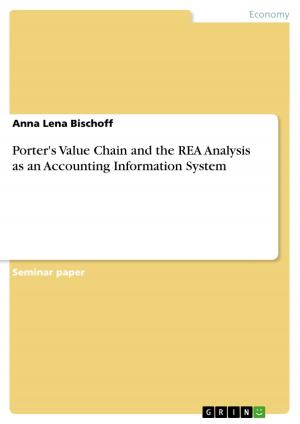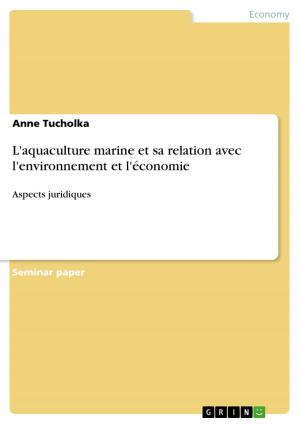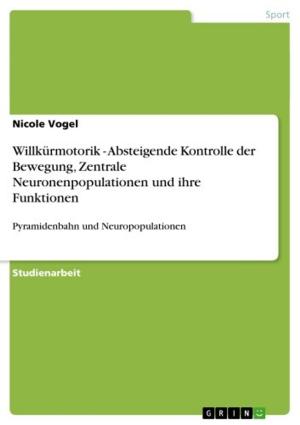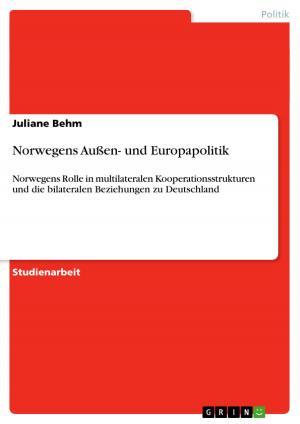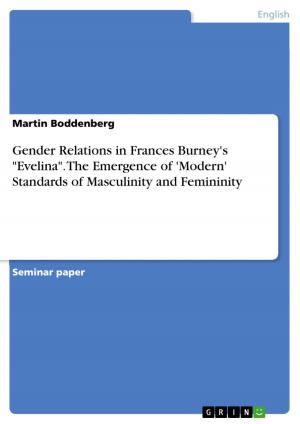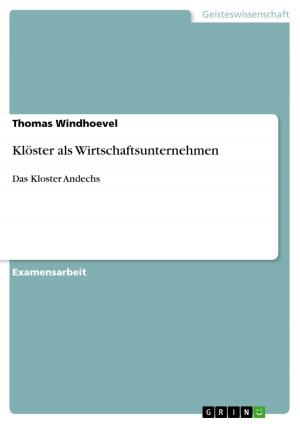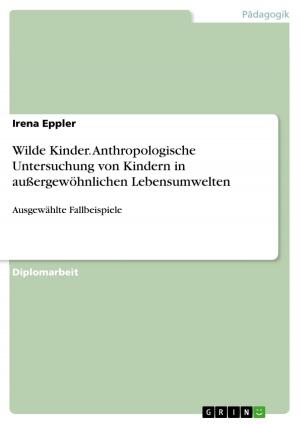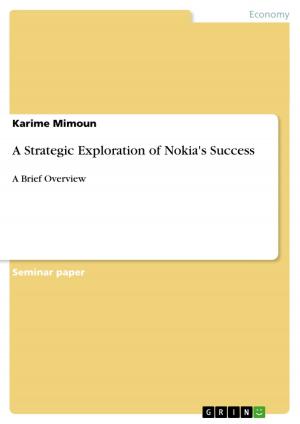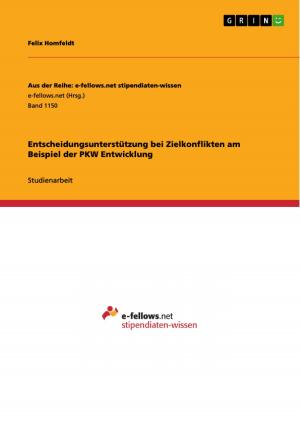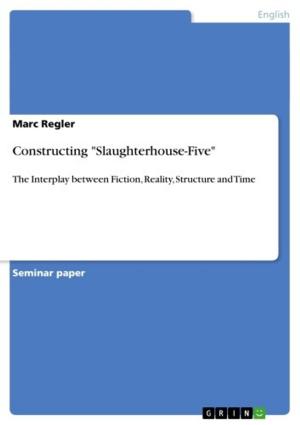Waveform Analysis of Jovian S-Burst Observations
Nonfiction, Science & Nature, Science, Physics, Astronomy| Author: | Michael Leitner | ISBN: | 9783656088158 |
| Publisher: | GRIN Publishing | Publication: | December 22, 2011 |
| Imprint: | GRIN Publishing | Language: | English |
| Author: | Michael Leitner |
| ISBN: | 9783656088158 |
| Publisher: | GRIN Publishing |
| Publication: | December 22, 2011 |
| Imprint: | GRIN Publishing |
| Language: | English |
Doctoral Thesis / Dissertation from the year 2001 in the subject Physics - Astronomy, grade: sehr gut, University of Graz (Institute for Geophysics and Astronomy), language: English, abstract: In this thesis the topic of substructure analysis of Jovian S-bursts is discussed. As Jovian S-bursts are planetary non-thermal radio emissions with a very intrinsic substructure characteristic, it is necessary to focus on the waveform of these signals. Common techniques su?er on one hand from the methodology itself (e.g. Fourier) and on the other hand cannot achieve enough time-frequency resolution. The wave initiated by the emission phenomena, the cyclotron maser instability, gets modi?ed through its propagation till the antenna and then further on through the receiver chain. All these e?ects have been carefully taken into consideration. The waveform receiving system WFR is a fully digital broadband kind of transient recorder. It operates at the borders of at present technology possibilities. Observation campaigns with this device have been carried out at Nancay (France) and UTR-2 (Ukraine). The data obtained are unique since it is possible for the ?rst time to work on broadband waveforms of received S-bursts. Various data analysis techniques, as for example Wavelet transform, show up the possibilities as well as the problems obtained by this procedure. Finally possible future projects like the usage of the WFR for broadband VLBI or for space applications are discussed.
Doctoral Thesis / Dissertation from the year 2001 in the subject Physics - Astronomy, grade: sehr gut, University of Graz (Institute for Geophysics and Astronomy), language: English, abstract: In this thesis the topic of substructure analysis of Jovian S-bursts is discussed. As Jovian S-bursts are planetary non-thermal radio emissions with a very intrinsic substructure characteristic, it is necessary to focus on the waveform of these signals. Common techniques su?er on one hand from the methodology itself (e.g. Fourier) and on the other hand cannot achieve enough time-frequency resolution. The wave initiated by the emission phenomena, the cyclotron maser instability, gets modi?ed through its propagation till the antenna and then further on through the receiver chain. All these e?ects have been carefully taken into consideration. The waveform receiving system WFR is a fully digital broadband kind of transient recorder. It operates at the borders of at present technology possibilities. Observation campaigns with this device have been carried out at Nancay (France) and UTR-2 (Ukraine). The data obtained are unique since it is possible for the ?rst time to work on broadband waveforms of received S-bursts. Various data analysis techniques, as for example Wavelet transform, show up the possibilities as well as the problems obtained by this procedure. Finally possible future projects like the usage of the WFR for broadband VLBI or for space applications are discussed.

